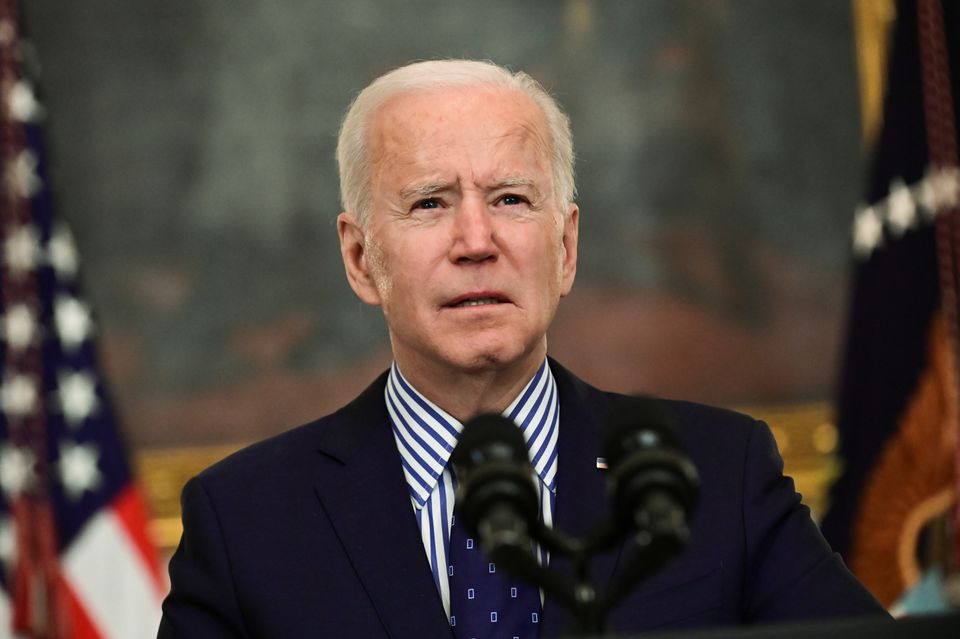Washington: US President Joe Biden will visit India from September 7-10 for the annual meeting of the G-20, which India is hosting as the chair, and he will use the opportunity to put forward a “value proposition” on the modernisation of the multilateral development banks such as the World Bank in a bid to reassure the global south.
“We have heard loud and clear that countries want us to step up our support in the face of the overlapping challenges they face,” US National Security Advisor Jake Sullivan said on a news conference call, announcing President Biden’s visit.
He added: “So as we continue to extend critical support to Ukraine, we’re going to be delivering for the rest of the world as well.”
Biden’s upcoming visit will be his first to India as US President; he was there last a decade ago in 2013 as the Vice President, when he had met then Prime Minister Manmohan Singh.
This time, he will be hosted by Prime Minister Narendra Modi, who was in Washington in July as the state guest of the American President; a White House state dinner was the highlight of the visit.
Sullivan said Biden will also engage in bilateral meetings while in India, which would be announced closer to the visit. The big question is if he will meet Saudi Crown Prince Mohammad bin Salman? Will he have so-called chance encounters with other world leaders that have not been on really good terms with the American President, such as Russia’s Vladimir Putin and China’s Xi Jinping, if the two leaders attend the summit in person.
“Along with our G-20 partners, he’ll discuss a range of joint efforts to tackle global issues from the clean energy transition and combating climate change to mitigating the economic and social impacts of Russia’s war in Ukraine to increasing the capacity of the multilateral development banks including the World Bank to better fight poverty and take on the significant transnational challenges that are afflicting countries across the world,” Sullivan said of Biden’s upcoming visit.
The National Security Advisor said that President Biden “really wants” to use the G-20 visit “as an opportunity for the United States and like-minded partners to bring forward a value proposition, particularly countries of the global south. And really focus a lot of his energy while he is there on the modernisation of the multilateral development banks including the World Bank and the IMF (International Monetary Fund)”.
He went on to say, “We have heard loud and clear that countries want us to step up our support in the face of the overlapping challenges they face. So as we continue to extend critical support to Ukraine, we’re going to be delivering for the rest of the world as well.”
The United States views these multilateral banks as a way to offer an alternative to China’s “coercive and unsustainable lending through the Belt and Road Initiative”.
“We need to ensure that there are high standard, high leverage solutions to the challenges countries are facing and a way to get the most bang for our buck is through the World Bank and the IMF, which are highly effective and transparent international financial institutions that were founded on and continue to embody US leadership,” Sullivan said.
“So President Biden has been committed to fundamentally reshaping and scaling up the World Bank to more effectively deliver both poverty reduction and inclusive economic growth, while also addressing global challenges, from climate to migration. And to the recovery from Covid-19,” he added.
The appointment of Ajay Banga as the President of World Bank was intended “precisely to make this vision a reality”, he added.
IANS
